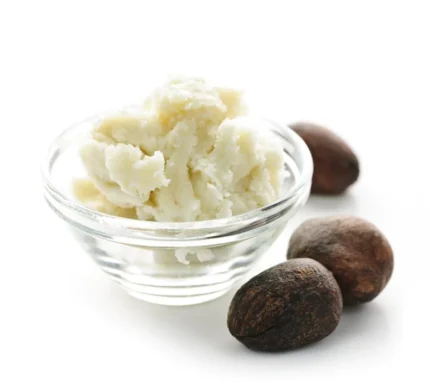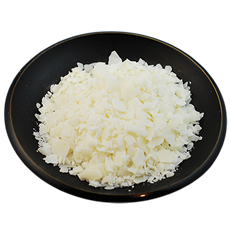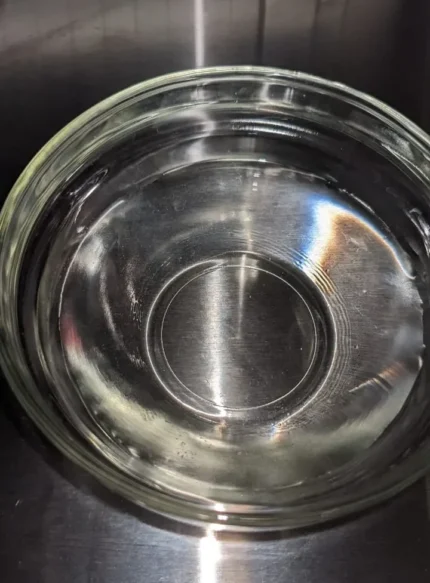
There are more than 300 different compounds in licorice, some of which have anti-inflammatory, antiviral, and antimicrobial properties.
Some clinical studies investigating the potential benefits of licorice have had promising results, particularly in the following areas:
Skin inflammation and infection
Many compounds in licorice root may help to reduce inflammation of the skin and other parts of the body.
These compounds can help to treat several skin conditions. For example, one animal study showed that glycyrrhizin extract from licorice root may relieveTrusted Source symptoms associated with eczema.
Learn more about natural treatments for eczema here.
Stomach discomfort and ulcers
Infection with bacteria called Helicobacter pylori can cause peptic ulcers in some people. A clinical trial of 120 people found that the addition of licorice extract to the standard treatment significantly improved H. Pylori eradication.
Other reviewsTrusted Source have found further links between forms of licorice extract and anti-ulcer activity.
Deglycyrrhizinated licorice (DGL) is a form of processed licorice extract that contains less glycyrrhizin. Small studies show that DGL supplements can reduce symptoms of general gastric and intestinal irritation.
Hepatitis C
Glycyrrhizin may help treat hepatitis C, a virus that infects the liver. Without treatment, hepatitis C can cause inflammation and long-term liver damage.
Researchers have reported that glycyrrhizin demonstrates antimicrobial activity against hepatitis C in cell samples and may hold promise as a future treatment for this virus.
Tooth decay
Some research suggests that licorice extract may help kill bacteria in the mouth that cause tooth decay.
A 2020 reviewTrusted Source found that licorice root extract can help reduce the growth of Streptococcus mutans bacteria in the mouth. This, in turn, lessens environmental acidity around the teeth and helps to prevent dental cavities from forming.
Sore throat
Different forms of licorice may help treat sore throats and other upper respiratory disorders. Many people claim that drinking licorice root tea helps to reduce minor irritation and soothe sore throats. However, the majority of these claims are anecdotal.
Research has also shown various licorice preparations to have a positive impact in clinical settings.
A literature reviewTrusted Source concluded that topical application of licorice before surgery reduces the incidence and severity of postoperative sore throat (POST).
Another similar study found that solutions with a higher concentration of licorice were more effective than less concentrated solutions in improving POST.
Herbal remedies containing licorice root may also help to reduce symptoms of asthma. However, only animal studies have directly assessed the effect of licorice on asthma symptoms, and human research is necessary to confirm or disprove its efficacy.
Licorice is available in the form of chewable tablets, a liquid extract, capsules, a powder, and a loose herb.
People can use licorice in a variety of ways for medicinal purposes, such as:
- mixing the herb with a skin-friendly gel, such as aloe vera gel, to help eczema
- steeping loose herbs in hot water to make tea for a sore throat
- adding liquid licorice extract to a beverage or taking it under the tongue as a treatment for ulcers
- taking licorice capsules and chewable tablets
People should not consume licorice candies, teas, or supplements for extended periods without speaking with a doctor first. It is best to use DGL supplements rather than licorice if high blood pressure or low potassium levels are a concern.
contact. 03154497759. 03074568939













Reviews
There are no reviews yet.